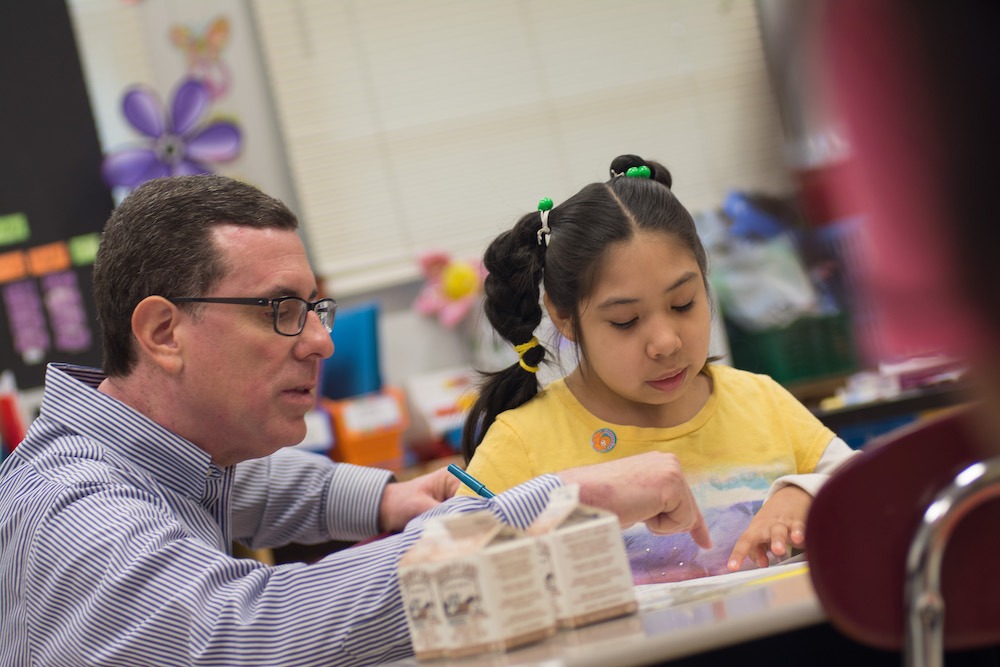Determining whether your child requires special education programming can be daunting — but the most important thing to keep in mind is that feelings of confusion or ambiguity are positively normal. Many parents feel under-equipped to take on the extra task of raising a child who requires special education, but there’s an upside.
Educational development for special-needs children is leaps and bounds ahead of where it was when parents themselves were children. New Jersey boasts a number of resources for schooling children with autism and other needs, and The Deron School is one that stands out because of its functional life and independent living skills curriculums.
But before considering a private school for children with special needs, how do you determine students’ learning requirements? For people just starting down this path, it can be difficult to locate these resources. To ease this transition period, we have designed a guide to help you navigate the earliest stages of identifying students who might benefit from special education. After completing this process, and should your child require one, know that there are private special-needs schools — Deron included — in New Jersey that create a safe, supportive environment for students of all needs. When parents or educators feel that their home district is just not able to provide the right combination of services for a student, we are typically their first call.
Identification
Schools in every state must provide special needs education to students who need it. As you can imagine, the first major step is the most crucial: determining which students are candidates for special needs programs. That determination is made either based on a request or referral from parents or teacher through a Child Find activities, which are run by the state. Note that many reports have signaled how identifying autism in young girls can be more difficult; certain signals such as a vivid imagination, a mimicking others, or a tendency to camouflage difficulties are more common in girls, ABC reports.
Evaluation
Next, all new students go through a personal evaluation. Children are in good hands as experts assess their skills in all areas that are related to the potential disability. This step is used as the basis for understanding what services will be most beneficial for the child. Once completed, professionals and the parent will decide whether or not a child has disabilities and the many options that lie ahead.
Individualized Education Program (IEP)
An IEP meeting is then scheduled for both parents and school administrators. At the meeting, a plan is laid out to ensure that all parties are on the same page when it comes to the special needs education services and programs being offered to the child.
It’s true that these steps can seem stressful; the first few phases often are. However, it’s vital to note that parents, if they feel uncomfortable, should feel empowered to speak up, ask questions, and learn more so they are doing what is best for their child. Parents always have the power to object during procedures.
If your child does require special education, the good news is that there is an enormous community of teachers, administrators, and involved parents that The Deron School fosters so all feel welcome, supported, and affirmed. Never feel bashful reaching out to learn more — this is a new journey for both you and your child. Speak up, learn, and empower others so we all feel comfortable in one of the most important gifts we can give our children: an education. If you want to speak with us about your student, contact us today.
